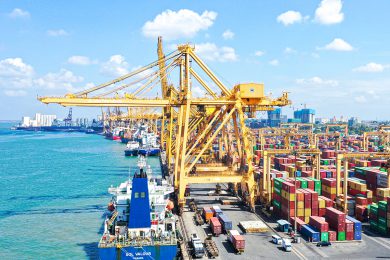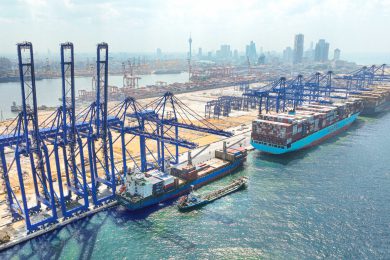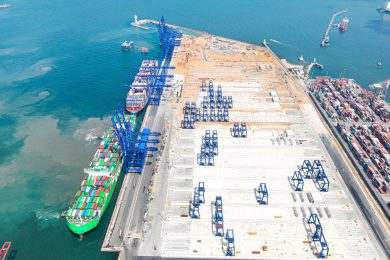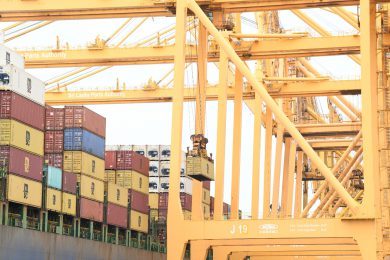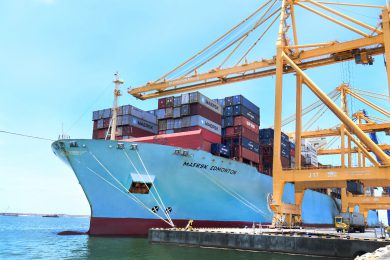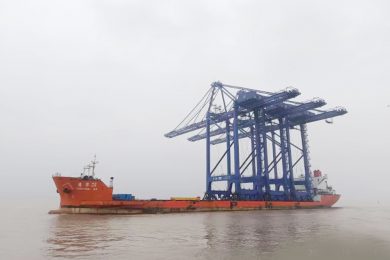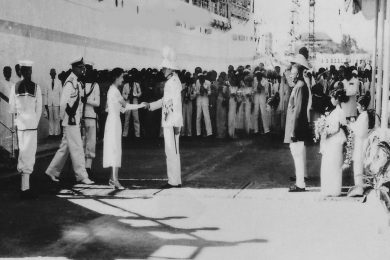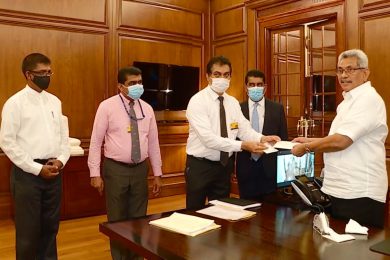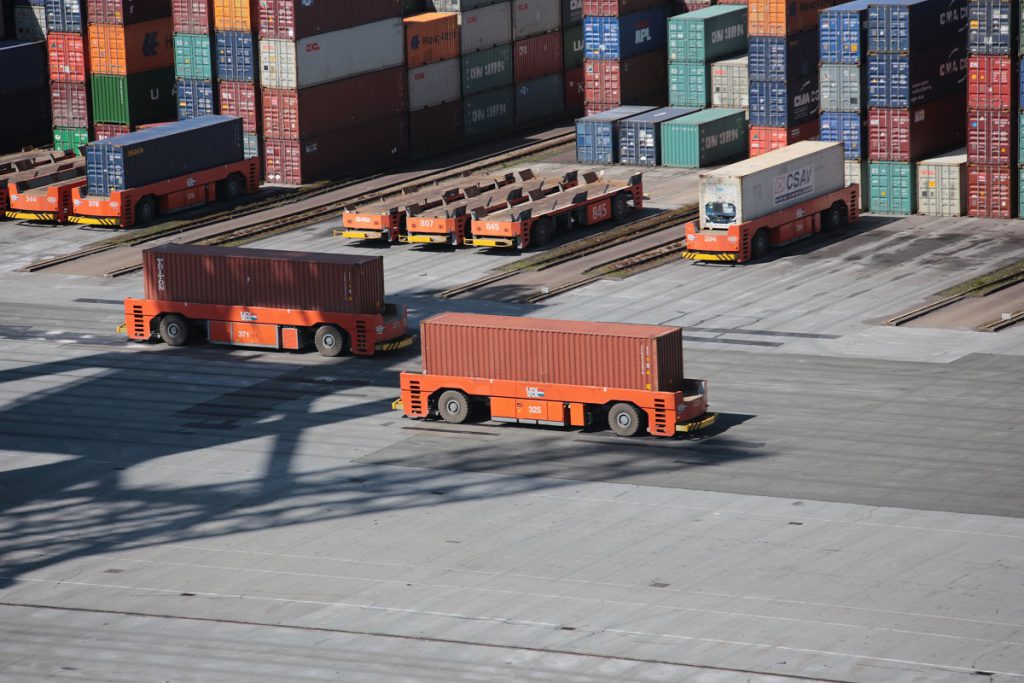The United Nations’ international days are an occasion to give prominence to issues of concern to the public and policy-makers. The theme chosen for World Maritime Day 2020 – Sustainable shipping for a sustainable planet – highlights the importance of the UN Sustainable Development Goals and the related work of the International Maritime Organization (IMO), the UN agency for the safety, security and environmental performance of international shipping.
The broad scope of IMO efforts to make shipping more sustainable includes, for instance, measures introduced to cut the sulphur content of ships’ fuel oil, reduce marine litter, protect the polar regions and limit the spread of invasive marine species from ships’ ballast water. The 2020 edition – marked on 24 September – highlights two other areas of IMO action: reducing greenhouse gas emissions (GGEs) from shipping and making crew changes function during the Covid 19 pandemic.
In response to the Paris Agreement’s call to limit global warming to well below 2°C, the IMO adopted a mandatory fuel data collection system in 2016, and an initial strategy on the reduction of GGEs from ships in 2018. The strategy’s aim is to cut shipping emissions by at least 50 % by 2050 compared to 2008 levels, before phasing them out entirely. To be reviewed in 2023, the strategy outlines candidate short-, medium- and long-term reduction measures. Progress on short-term measures is expected already this year.
The EU, having long urged the IMO to be more ambitious on climate action, already adopted a system for monitoring, reporting and verification on CO2 emissions from maritime transport in 2015. From 2018, it started collecting CO2 emission data from large ships calling at European ports. However, once the IMO data collection system began to apply in 2019, shipping companies have had to report similar data twice. EU legislators are now adapting the EU system to facilitate data reporting without weakening its usefulness in gathering transparent data per ship and voyage. The EU is also considering bringing maritime emissions under its Emissions Trading System, in line with the European Green Deal.
During the coronavirus pandemic, ships continued to transport essential medical supplies, food and other basic goods. However, due to government-imposed lockdowns and restrictions, crew rotations stopped, leaving hundreds of thousands of seafarers stuck on ships, often even without medical assistance. Instead of returning home, seafarers have been asked to continue working for months longer, ignoring the accumulated fatigue and increased risk of accidents. The IMO has repeatedly called on governments to designate seafarers as essential workers; it put protocols in place to enable safe crew changes, helped organise repatriations and provided support for seafarers’ mental health. The EU, for its part, has addressed a set of specific guidelines and economic relief measures to its shipping and ports sector.
Due to the current restrictions, this year’s World Maritime Day event will be celebrated online. This will not lessen the expectations for the IMO to make a genuine contribution to improving the environmental performance of international shipping.
Source: European Parliamentary Research Service Blog



